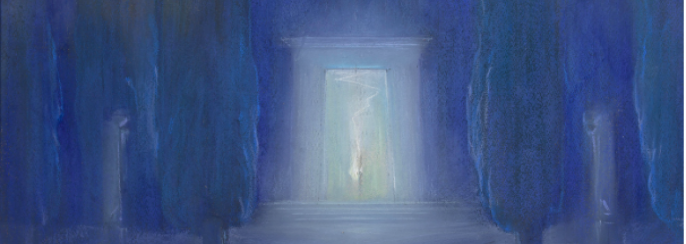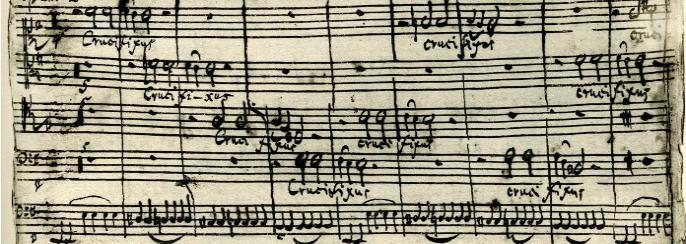Reviews
Review Search

The old rouge would have kissed them all, the men twice over. Poulenc may have created am impression of easygoing hedonism, and he certainly took an unusual angel on sacred music (monks playing football, indeed!) but his music demands precision and care even at its most rapturous, and there is plenty of rapture as well as wit in this intelligent selected programme. Layton gets a lovely, excact...

I was completely befuddled by the first words on the booklet cover: 'Half Monk' and 'Half Rascal'. Initially I thought of them as a couple of Scandinavian participants in the recording, and it was only when reading Claus Johansen (probably also Scandinavian) on the music itself that I came across Poulenc's remark that 'A critic has said that there are both a monk and a street urchin in me. That...

Layton and the DNVE follow Praulins with Poulenc
The Danish National Vocal Ensemble face some pretty stiff competition with this disc of unaccompanied Poulenc but they do not just hold their own; they sweep a lot of it aside. Under Stephen Layton's perceptive and often inspired direction, they capture the essential dichotomy of Poulenc's writing as encapsulated in the title of the disc, a...

“A critic said that there is both a monk and a street urchin in me. That is an accurate description of my personality”. Poulenc was the first to admit the contradictions inherent in his music and character. A devout Catholic, he was openly gay, and his music can miraculously reconcile the deeply personal with the cheekily flippant. Close your ears to Poulenc and you’re missing out on some of the...

A TIMELY Lenten celebration, this performance of the shorter of Bach's two great Passion settings impressed more than anything else for its consistency, the combined choirs of Trinity College Chapel and the Consort of Melbourne as crisp and true in pitch from the grinding initial chorus to the work's final chorale. Similarly, the period-style experts of Ludovico's Band sustained a high level of...

A TIMELY Lenten celebration, this performance of the shorter of Bach's two great Passion settings impressed more than anything else for its consistency, the combined choirs of Trinity College Chapel and the Consort of Melbourne as crisp and true in pitch from the grinding initial chorus to the work's final chorale. Similarly, the period-style experts of Ludovico's Band sustained a high level of...


















